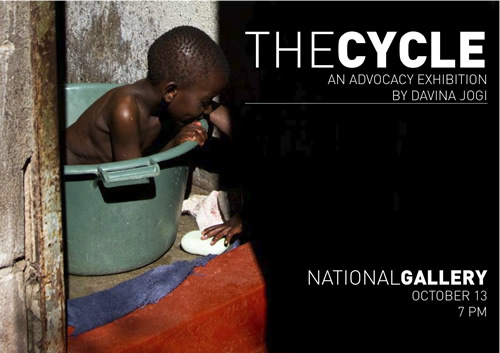On our run on Sunday, my friend and I passed a number of women in bright yellow t-shirts, with a photograph of Mugabe in the centre. The effect on us was telling, and discussing it afterwards, we wondered if it was part of a strategy for the elections, most recently being punted for March next year. Because the t-shirts, actually, were not “political,” in the formal sense, at all. If you looked closer, you saw the words “Zimbabwe Women’s Football” and “Chief Patron” wrapping around the photograph. But how many people would look closer? If my friend and I were reluctant to stare, for fear of sending some wrong signal and getting ourselves in trouble, how many others would give t-shirts like that a closer look? And, even if you do get a closer look, what better way to get out the message “we’re in charge” than by circulating a variety of innocuous, non-political t-shirts, with Mugabe’s face on them.
Anyway, perhaps we gave Zanu PF far too much credit, but they are historically good at the use of propaganda and information, and we decided that it could well be part of their election strategy. The strategy, we figured, would be largely around the need for Zanu PF to win a “free and fair” – read internationally recognised and accepted – election. If they can’t win an election under those circumstances, they’d probably be better off trying to cling to the Government of National Unity. So we thought maybe we were in for a Zanu PF that was less formally threatening – and instead relied on people’s residual fear, and any inroads they may have made through the GNU, if surveys like Freedom House’s are to be believed.
But then we read that Zimbabwe’s Energy Minister, Elton Mangoma of the MDC, had been arrested, detained at Harare Central, taken to Bindura, turned back, and returned to Harare Central, and eventually released with a warned and cautioned statement, all for supposedly saying “Mugabe Chifa, Mugabe Chibva” (Loosely translated Mugabe die, Mugabe go) at a rally in Bindura earlier this year. Mangoma was arrested twice in March last year for charges of abuse of office. In one case he was acquitted, and in the other charges were dropped before the case went to trial.
Today’s arrest of Mangoma is the sort of “bad old days” behaviour of Zanu PF that makes people roll their eyes at any talk of a “free and fair” election. If they are hoping to lull people into voting for them – and having the election legitimated internationally – they’d better tone down the hamfisted intimidation tactics choppers.










